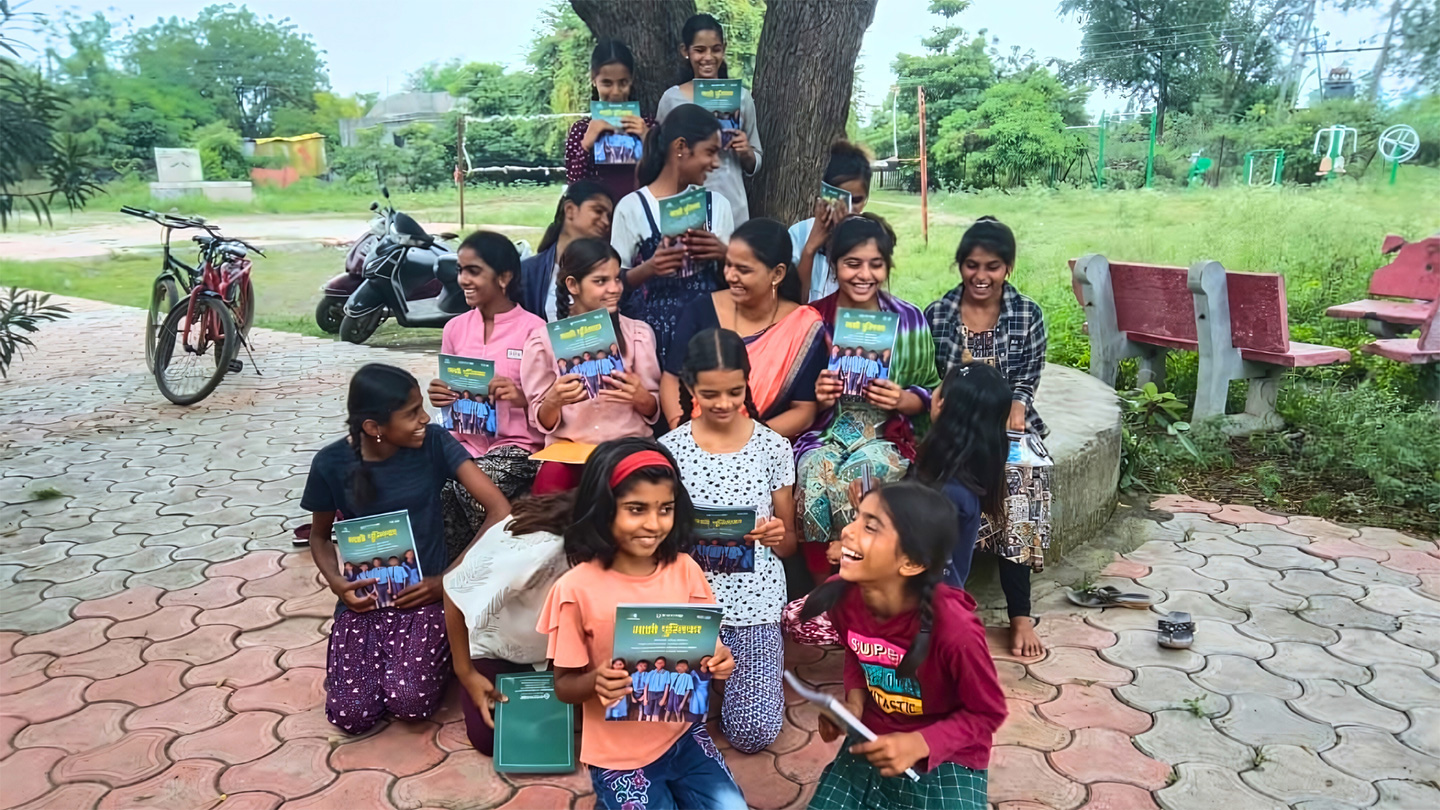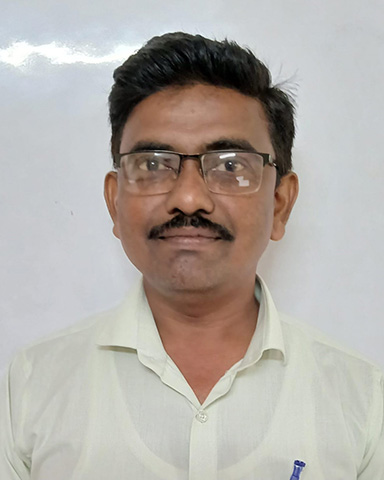The Ripple Effect of Life Skills in Rural Communities
In the small villages of rural Maharashtra, I often see how a girl’s journey is shaped by what she learns outside textbooks. Reading and writing are important, but they are not enough. What makes the real difference is when a girl learns how to speak with confidence, make her own choices, and understand herself better. That is what life skills education brings.
Over the past year, through our sessions in Chh. Sambhajinagar, I have seen this change with my own eyes. Girls who once sat quietly in the corner now raise their hands first in class. They are learning how to share their thoughts and feelings openly. They no longer hesitate to ask questions or to take part in community activities. This confidence is new, and it is powerful.

One mother told me about her daughter, who used to avoid speaking at home. Now she not only joins family discussions but also helps her younger siblings with their studies. Another girl said she feels ready to make bigger decisions about her future because she has learned how to think through her choices. These are small moments, but in our villages, they mean a lot.
A report by UNICEF highlights that life skills education helps reduce school dropout rates and delays early marriage, especially in rural areas where these risks are high. This matches what we are experiencing here. When girls gain confidence and decision-making ability, they choose to continue their education instead of leaving school early.
There is also a clear link with health. The World Health Organisation notes that life skills programs encourage healthier behaviours, from nutrition to hygiene, which directly improve overall well-being. In our villages too, we see girls practising better hygiene, discussing nutrition at home, and even guiding younger siblings.
Life skills also teach girls to understand themselves. Many of them now speak about their strengths and weaknesses with honesty. They know how to manage emotions, and that has improved how they connect with their friends, families, and teachers. Relationships have become healthier, and this positivity is spreading through the community.
To me, this is proof that life skills are not just an extra subject. They are the foundation for growth. They protect girls from risks, teach them about health and hygiene, and most importantly, they give them the courage to dream. A girl who learns these skills does not just change her own life; she also inspires change around her.
When I look at these young girls today, I see the future of our villages becoming stronger. Life skills education is giving them the tools to lead that change.
References:| 1. | UNICEF (2019). Adolescent Education and Life Skills: Investing in a Transformative Agenda for Children and Youth. |
| 2. | World Health Organisation (1997, updated 2003). Life Skills Education for Children and Adolescents in Schools: Introduction and Guidelines. |
ABOUT THE AUTHOR:

Jignesh Shastrakar
Jignesh currently working as a Cluster Head at empowHER India in Chh. Sambhajinagar, is a seasoned development professional with 20+ years of experience in community development, youth entrepreneurship, and self-help group initiatives. He has worked with organisations like BYST, MCED, MAITREE, and GRASP, driving programs in rural development, awareness, and capacity building. With strong skills in communication, mentoring, and program coordination, he is dedicated to empowering youth and strengthening communities.

